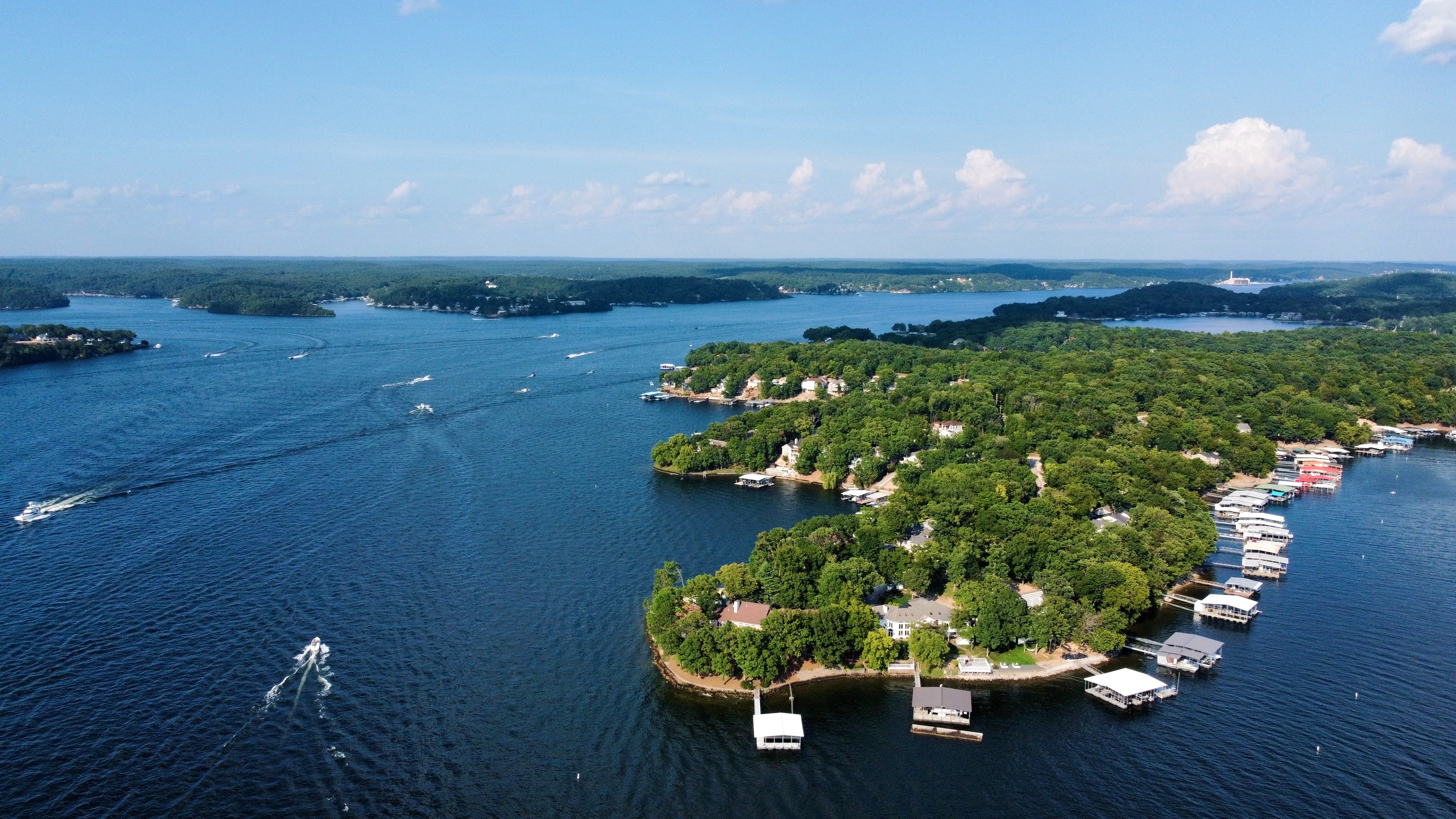A Missouri resident has died from a rare brain infection after water skiing in the Lake of the Ozarks.
The individual died on August 19 at a hospital in the St. Louis area, the Missouri Department of Health and Senior Services said on Wednesday. They had contracted Naegleria fowleri, a microscopic amoeba that can cause primary amebic meningoencephalitis, also known as a “brain-eating infection,” the department confirmed last week.
Typically, fewer than 10 cases of the infection are reported in the U.S. each year, the state health department said. Infections are “nearly always fatal,” according to the CDC.
The amoeba is typically found in warm freshwater, including lakes, rivers and ponds. While health officials have not confirmed the cause of the resident’s infection, preliminary information indicates they were water skiing at the Lake of the Ozarks shortly before falling ill, according to the state health department.
“Recreational water users should assume that Naegleria fowleri is present in warm freshwater across the United States; however, infection remains very rare,” the department said.

People can contract the amoeba when water enters through their nose. This allows the amoeba to travel to the brain and damage tissue. The infection can’t spread between people, and it can’t be contracted by swallowing water.
Infections often happen “when it’s been hot for long periods, resulting in higher water temperatures and lower water levels,” according to the CDC. A few infections have also occurred after people used infected tap water to rinse their sinuses or nasal passages, the agency says.
.jpg)
A child in South Carolina recently died after contracting the amoeba, health officials announced last month. The patient was likely exposed at Lake Murray, but officials aren’t completely certain, the South Carolina Department of Public Health said.
A 71-year-old Texas woman also recently died from the “brain-eating” amoeba after cleaning her sinuses with tap water, the CDC reported in May. The woman, who was otherwise healthy, died eight days developing “severe neurologic symptoms,” which included fever, headache, and an altered mental status.
This is a breaking news story, check back for updates.



